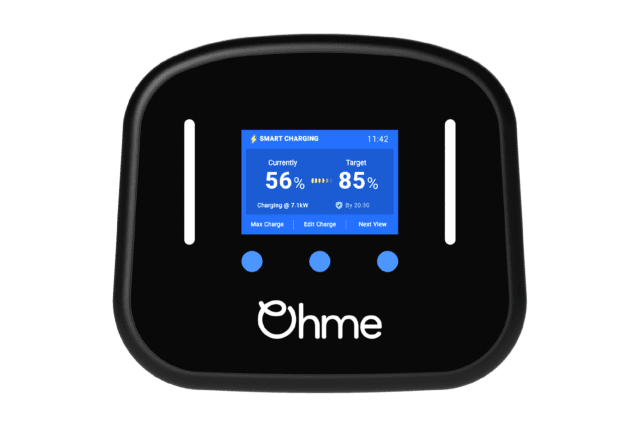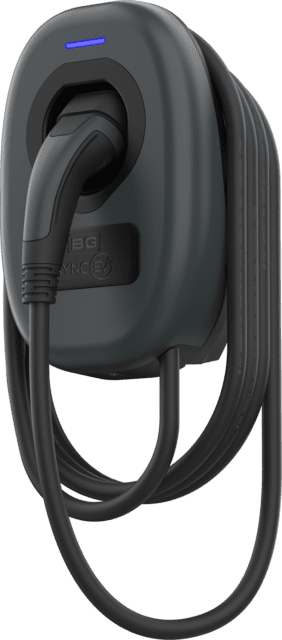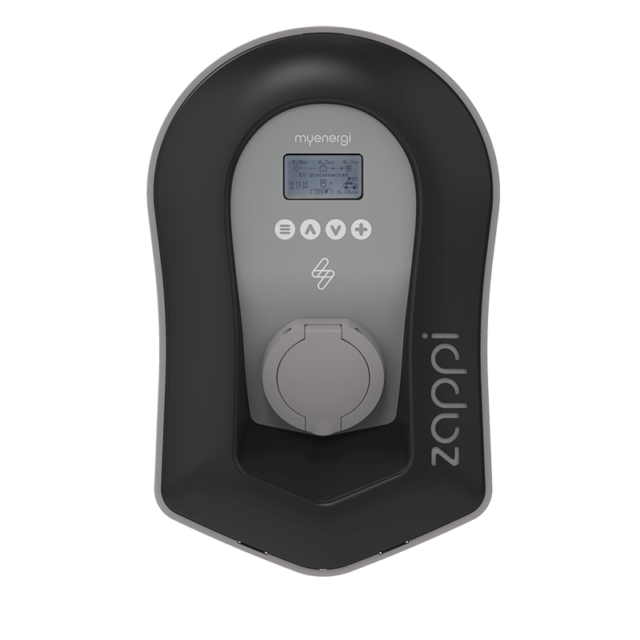Showing all 3 results
-
EV Chargers
Ohme Home Pro EV Charger
from692.86€ ex VAT Buy Now
This product has multiple variants. The options may be chosen on the product page
Buy Now
This product has multiple variants. The options may be chosen on the product page
-
EV Chargers
Sync EV Supply only
from414.27€ ex VAT Buy Now
This product has multiple variants. The options may be chosen on the product page
Buy Now
This product has multiple variants. The options may be chosen on the product page
-
EV Chargers
Zappi Supply Only
 Buy Now
This product has multiple variants. The options may be chosen on the product page
Buy Now
This product has multiple variants. The options may be chosen on the product page



